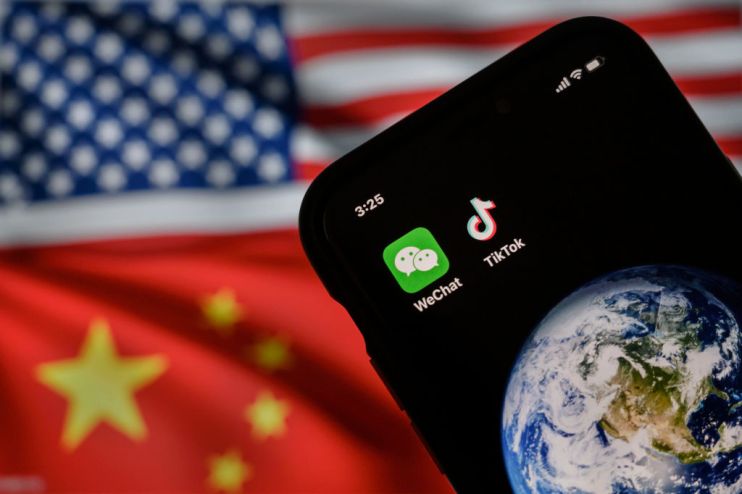Joe Biden revokes Trump’s ban on Tiktok amid China threat

US President Joe Biden will reverse efforts made by Donald Trump’s administration to ban popular Chinese apps Tiktok and Wechat due to national security concerns.
The former president had attempted to block new users from downloading the apps and ban other technical transactions, effectively banning them in the US.
The courts blocked the orders after legal challenges from the companies, and they never came into effect.
The White House today said Biden will withdraw a series of executive orders relating to the attempted bans, along with another in January that targeted either other communications and financial technology software apps.
However, a separate US national security review of Tiktok remains ongoing, the White House said.
Biden’s administration has instead issued a new executive order targeting personal data collection by apps such as Tiktok and Wechat.
The order, which does not mention specific companies by name, directs the US Commerce Department to evaluate the risks of apps with links to China.
The move reflects ongoing concerns that authorities in Beijing could access US citizens’ data through popular social media apps.
But the reversal of Trump’s orders cast fresh doubt over a US takeover of Tiktok, which is owned by Chinese tech giant Bytedance.
Oracle and Walmart had been lined up to take control of the app’s US operations in a bid to stave off the potential ban.
Tiktok, the wildly-popular video sharing app, became a key target in Trump’s campaign against China last year, which has also taken its toll on telecoms giant Huawei.
But while Biden has toned down the rhetoric, the White House has continued to take action to address the threat of China’s rapid technological advancement.
Earlier today the Senate approved a sweeping package of legislation intended to boost its standing in the global tech wars.
The measure authorises around $190bn to strengthen US tech and research and separately approves spending $54bn to increase production and research into semiconductors and telecoms equipment.
In response China’s foreign ministry said: “We firmly object to the United States seeing China as an imaginary enemy.”